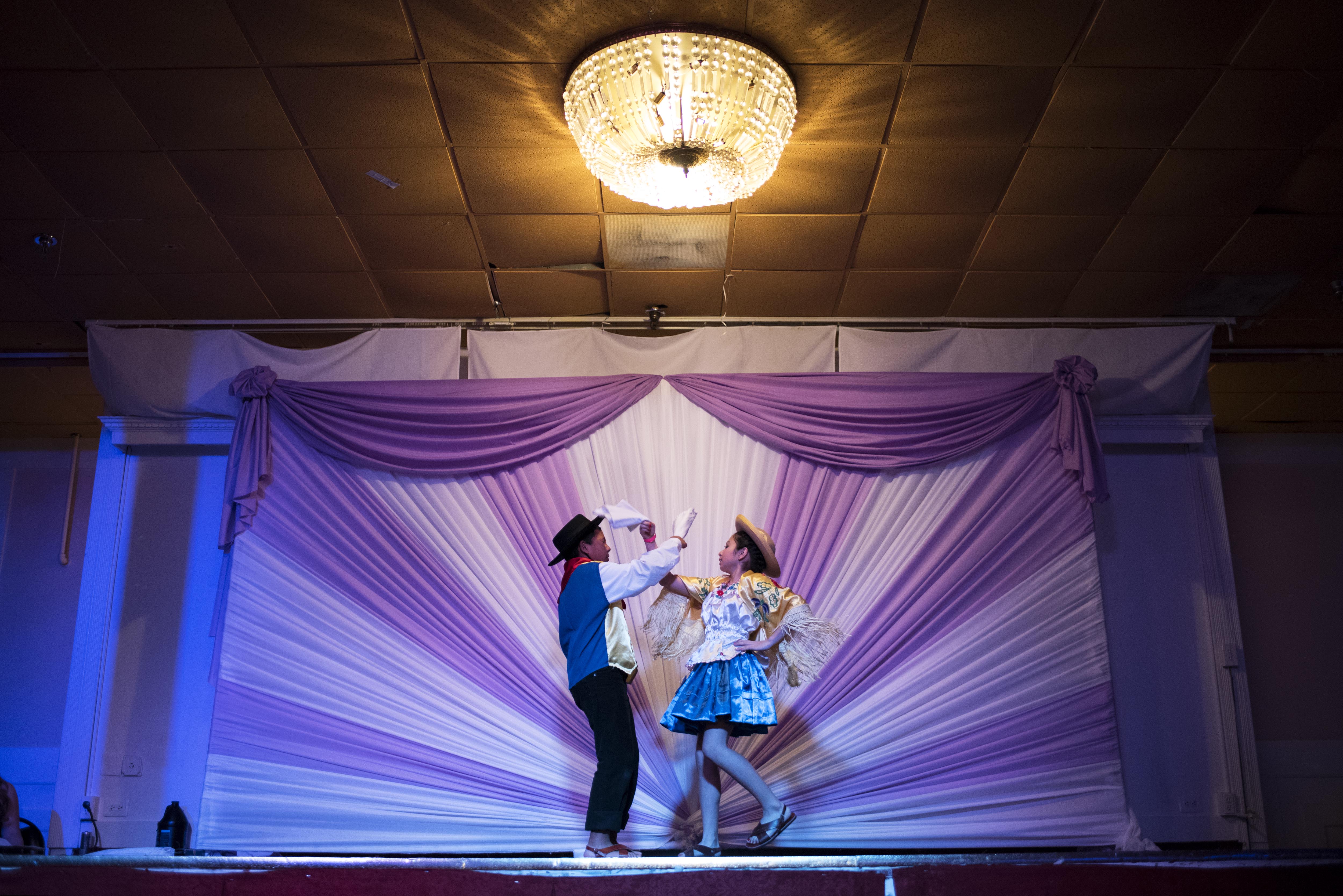Event
Talks @ Pulitzer: 'Only the Bridge Matters Now'
Country:
Event Date:
January 3, 2018 | 5:30 PM ESTADDRESS:
Pulitzer Center
1779 Massachusetts Avenue NW
Suite 615
Washington, DC 20036
Participant:
Join us for our first Talks @ Pulitzer in the new year on Wednesday, January 3, 2018, when journalist Carey Averbook presents "Only the Bridge Matters Now, her multimedia documentary web and book project.
"Only the Bridge Matters Now" explores the metaphorical bridge linking the Bolivian communities of Northern Virginia to their region of origin. By sustaining tradition, memory, and an immense love for their hometowns and cultural identities, the communities keep families and communities united. The images, narratives and multimedia explore the bridge between the Valle Alto, Bolivia, and Northern Virginia and address themes of migration and identity through family and separation, cultural resilience, and perspectives on "a good life."
It is said that Bolivians from the Valle Alto residing in Virginia do not emigrate. Rather they bring everything with them to Virginia so they are able to continue their lives almost exactly as if they were in Bolivia. Valle Alteños perceive the whole planet as the Pachamama (Mother Earth) and thus see all land as one. In Bolivia or Virginia, the land is the same Pachamama.
"Only the Bridge Matters Now" frames immigraiton through the perspective of the Americas as a region with more linkages than borders, and challenges viewers to consider immigration not through the expected paradigms of nation-states borders, but through the cultural, economic, and spiritual bridges sustained between places and communities.
